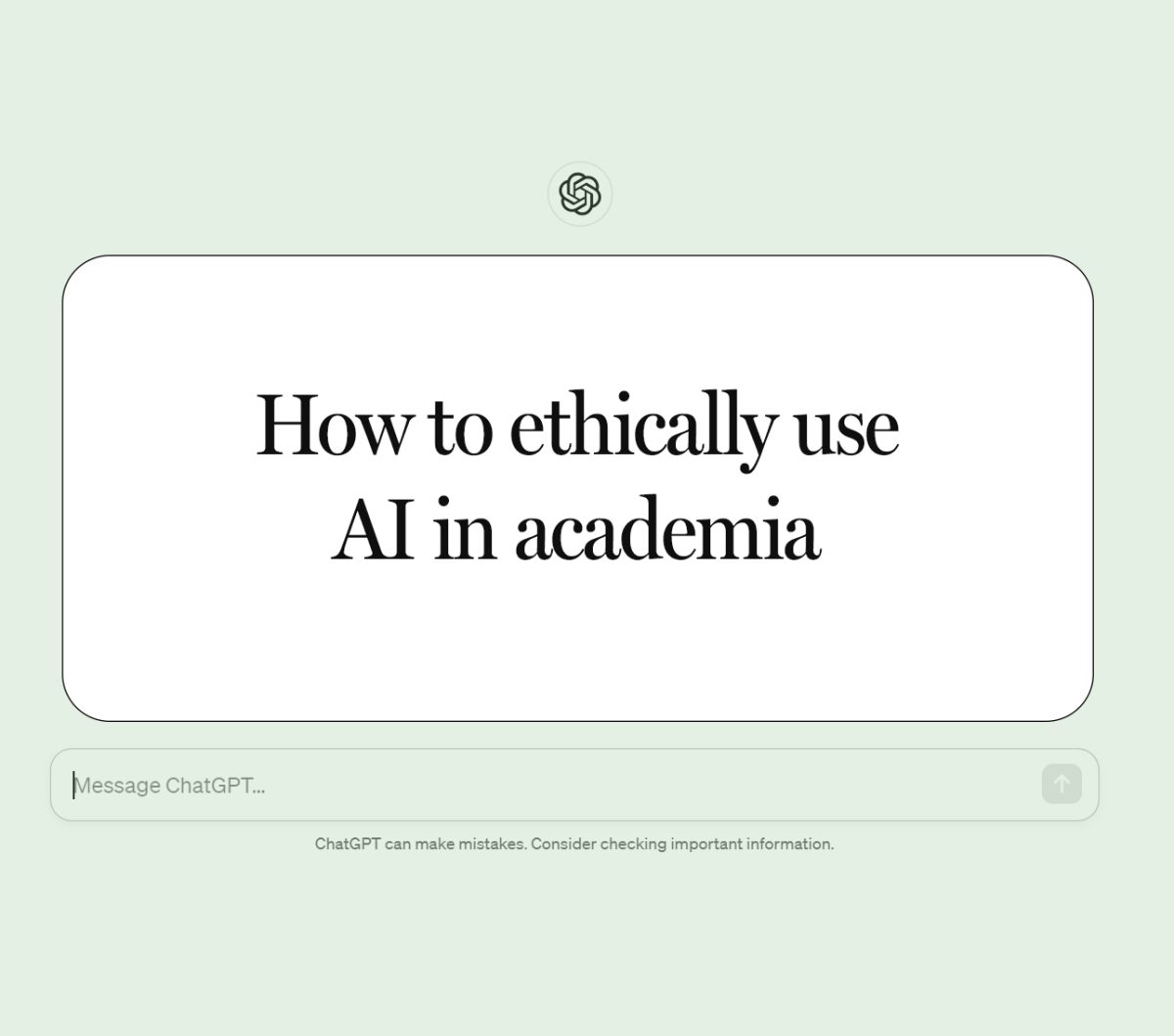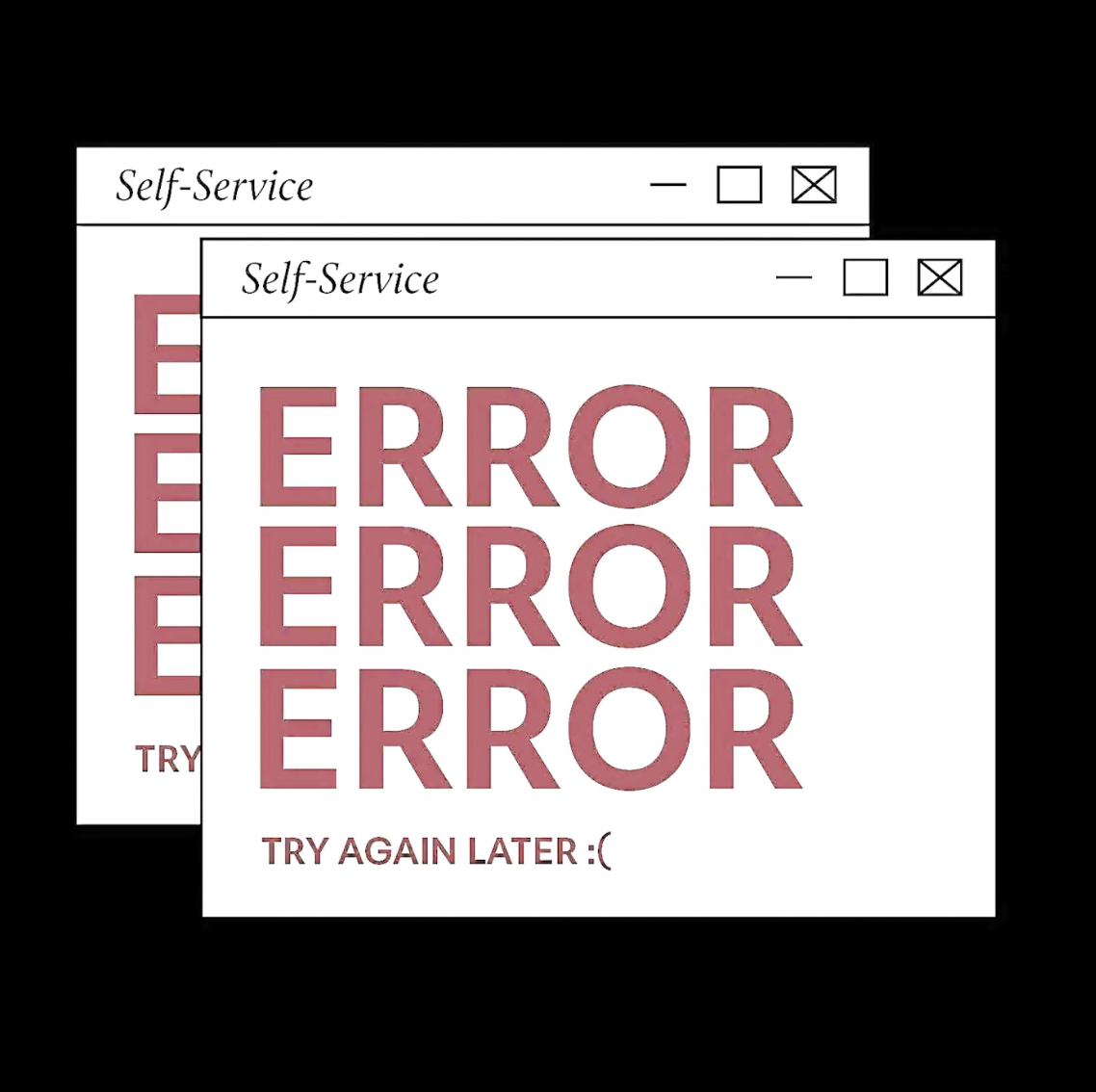What’s the problem with using artificial intelligence?
The line between utilizing resources and ethical misconduct becomes blurred.
As students, educators, and scholars, we must define our relationship with AI tools, particularly in academic settings. It’s time to address AI integration into our academic lives and establish clear guidelines for its ethical use.
It’s all about how we use these tools. While AI can assist in spell-checking and generating content, it’s crucial to recognize the distinction between leveraging AI as a supplementary aid and relying solely on its output.
That’s why we need to use AI like a friend.
Ask what it thinks about what you read. Ask it what it thinks about your idea.
If AI isn’t creating your whole paper but is more like a friend reading over it, what’s the harm?
It’s not going away, so we should use the resource just like any other. This one happens to be easily accessible and fast. But the ease of access to AI does not justify a “write this for me” mentality, which ultimately undermines the principles of academic integrity. It means that you are using a readily available resource to help you in the writing process.
The temptation to lean heavily on AI in writing papers is undeniable. Still, we must use these tools as aids to enhance our understanding and expression of complex concepts rather than substitutes for engagement with the material. AI offers valuable assistance across different subjects – from algebra to literature – but it should not replace critical thinking and creativity.
We need to address the underlying issues driving the reliance on AI. There is a need for more confidence in our abilities. The fear of academic inadequacy can lead us to overlook the importance of personal engagement with the subject matter.
However, AI is not the answer. But it is a tool that should be wielded responsibly and ethically.




















